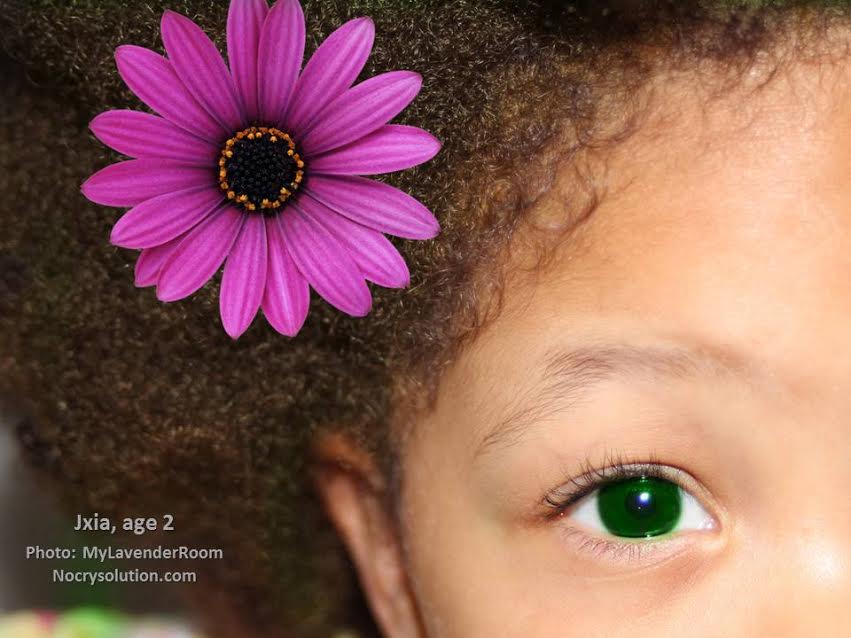
Bringing a new life into this world carries with it an awesome responsibility. Parents ensure the physical growth of their child through proper nourishment. They build the foundation for emotional stability through a strong relationship with their baby built on love and trust. They promote the intellectual development of their child by talking, reading, and providing opportunities for discovery and exploration. And last, but certainly not least, parents are responsible for guiding their child along the path of spiritual and moral development.
Spiritual development begins when your child can first frame the question, “Why?” It grows when your toddler hears an expression of thankfulness before a meal, witnesses the rituals of his family’s faith, attends a worship service with you, or enjoys a long walk through the woods with you as you chat about life’s wonder and sanctity. It takes a giant leap when your child realizes that there is someone or some cause greater than she is, greater than each of us - whether a supreme being or the greater good of humanity - that she can work toward knowing in her own life. And as your child walks along this path of spiritual development, she will learn about blessings, peace, joy, pain, empathy, and most of all, love. It is certainly a worthwhile journey.
Of course, you can't guarantee that when your child grows to adulthood, she will accept and follow your spiritual beliefs, or even make the right moral decisions. She may veer off on a completely different path than the one you had envisioned. But when you think about it, no parent has absolute control over their child's physical, emotional, and intellectual growth either; too many factors can affect all these areas. Your job as a parent is not to control but to and encourage your child to become the best she can be in all areas of her life; you can only hope that when she reaches adulthood, she will have enough tools to make good choices on her journey, no matter which path she chooses.
What about your own spirituality?
Whether you are an actively practicing member of a congregation, a lapsed member of a particular faith, an agnostic, an atheist, or something in between, the first thing you need to do is to think deeply about your own spirituality and what spiritual values you hope to instil in your child. Ask yourself these questions:
- What do I believe?
- What do I feel is the purpose of life?
- What kind of spirituality do I hope my child will have?
- How do I practice my faith in my daily life?
- Is the sense of community that can come with membership in a congregation important to our family?
- Are particular religious beliefs or traditions important to me?
- Which religion or faith community will provide our family with the best path to a deepened spirituality and heightened sense of morality?
- What is my definition of a moral human being, and how can I help my child to develop these characteristics?
Making a spiritual plan with your partner
Once you have a clear idea of how you hope spirituality will fit in your child’s life, the next step is to discuss your beliefs and wishes for your child with your partner. Even if your partner was raised in the same faith as you and has similar beliefs, there are likely to be some differences in your opinions on how to best guide your child along the spiritual path. Discuss these differences early on, and try to reach compromises in the areas where you can. With open communication and the realization that your child will benefit tremendously from parents who agree on the spirituality basics, you will be able to come up with a plan for your child's spiritual growth. You might then commit to paper the overarching principles of spiritual journey you would like your child to make.
What about interfaith families?
If you and your partner come from different faith traditions, it is even more important to discuss all these issues. Many multi-faith parents come to an agreement to raise their child in one faith, though they teach her to understand and respect that one of her parents follows a different tradition. Other families choose to raise their child with both traditions, insofar as that is possible. For example, they may celebrate both Hanukkah and Christmas, have a rabbi and a priest present at major life events, and teach their child the basic tenets of both faiths.
Because many religions have various ceremonies involving children, it’s important that as interfaith parents you decide how you are going to raise your child. When you announce to your families that you have chosen to rear your child in one faith community instead of the other, one side of the family may be very disappointed, so the more you are certain of the decision between you, the less difficult this will be. If you make your announcement in respectful and sensitive way, explaining that the decision was very difficult and that your intention was not to hurt anyone, then some of the tensions may be eased. If possible, you might ask a representative from the second family religion to be present at any important ceremony, and of course, you need to make sure that both sides of the family are invited to the event.
Keep track of your progress on your spiritual journey
Life can be very hectic with children, so refocusing your spiritual energies on a regular basis can be beneficial. Here are some ideas for doing this:
- Write down your family mission statement or faith agreement so that you will have it as a frequent reminder of what type of spiritual journey you would like to make with your child. Look at it from time to time, and think about how you are going to implement the plan on a daily basis.
- Start a "family faith journal," and spend a few minutes each week, or each month perhaps before or after your worship service or on religious occasions, jotting down the highlights of your faith-related actions from the past and brainstorming for ways to bring your spiritual beliefs into your daily life.
- Create or continue family faith traditions simple habits like saying grace before meals or holding hands and praying together before bedtime, as well as more elaborate traditions involving religious holidays.
- Find a group of like-minded parents within your own faith community and start a parenting group where you can exchange ideas, or join an existing group through your place of worship.



























